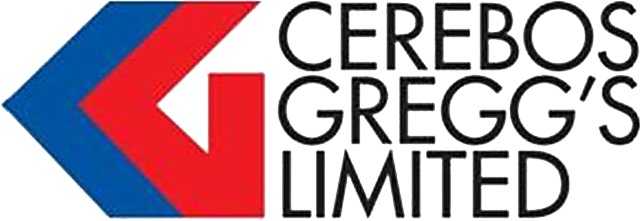DUNEDIN, New Zealand – Lovers of fruit drink Raro and Gregg’s instant coffee face uncertain times as the brands’ manufacturer is put on the market.
Japanese company Suntory Food and Beverage has put up for sale the food and instant coffee divisions of its Cerebos companies in Australia and New Zealand, along with its Asian Home Gourmet brand in Singapore.
Cerebos, which has operations throughout Asia, said food and instant coffee were non-core business for Suntory, a soft drinks manufacturer.
However, Suntory will keep Cerebos’ fresh coffee business, which in New Zealand includes the Caffe L’affare, Atomic Roasters, Orb, and Robert Harris brands.
The company currently employs around 800 staff in total on both sides of the Tasman.
In New Zealand the business is known as Cerebos Gregg’s, and the Gregg’s coffee brand was started by William Gregg in Dunedin in 1861.
It merged with Cerebos in 1984, and Suntory bought Cerebos Pacific in 1990.
The company closed its Auckland plant in 2014, axing up to 125 jobs, but retains its Dunedin roastery, where it employs about 60 workers.
The food business makes a range of sauces, desserts and condiments including Raro and F Whitlock & Sons. It also distributes Dilmah tea.
Terry Sevenson, chief executive of the Australasian businesses, said the new fresh coffee business unit was intent on capturing a larger share of “the rapidly growing global fresh coffee market”.
He said the sale process would take six to nine months.
Although consumers reacted strongly the closure of Cadbury’s Dunedin chocolate factory recently, marketing experts say It’s unclear how Kiwis will react to the Gregg’s name changing hands.
While Cadbury’s decision sparked calls for a boycott, one expert – who asked to remain unidentified – said shoppers might not have the same attachment to Cerebos Gregg’s many brands.
Massey University senior marketing lecturer Mark Avis agreed.
“I think what drove Cadburys was the fact there were job losses … whereas here, if they started shutting down production facilities here, then there would be a very different reaction.
“But even then, you have to ask whether that’s going to translate into some damage to their sales.”
However, he admitted that not having grown up in New Zealand, he did not know how strongly Kiwis felt about their Raro and Red Ribbon Roast.
Experts said Cadbury’s backlash had already been stoked by trust issues over its use of palm oil.
University of Auckland marketing lecturer Mike Lee said at the time that research suggested that if consumers no longer trusted a brand, up to 25 per cent of shoppers might boycott it.
But if consumers did not identify with a factory being relocated or closed, the effect could be minimal.
Catherine Harris


















